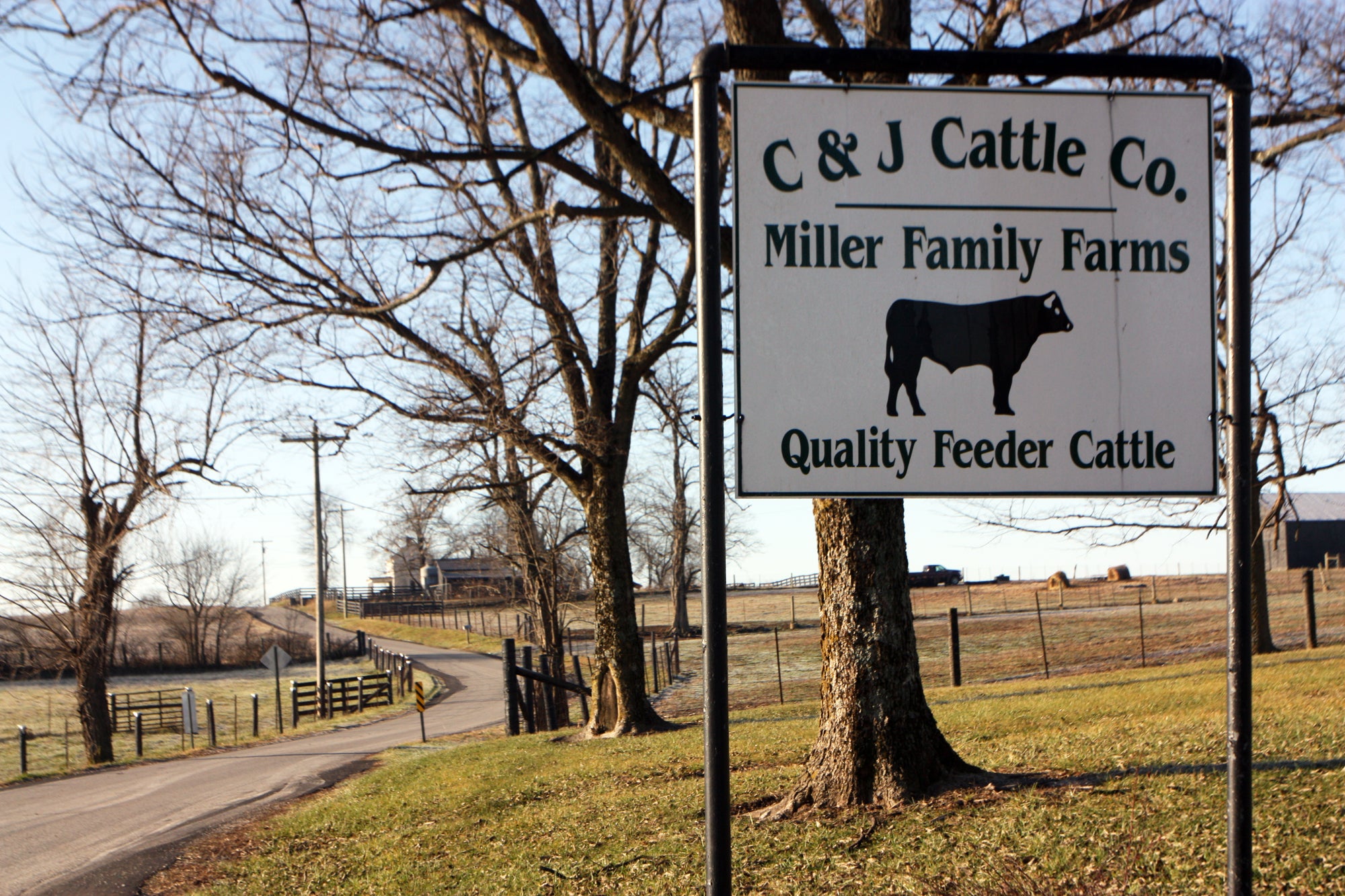New medicated feed rule to impact local producers
Published 12:33 pm Wednesday, December 28, 2016

- Photo by Jamilyn Hall
A new rule that will go into effect Jan. 1, will impact many local livestock producers and veterinarians.
Certain medications in animal feed will have to be administered under the supervision of a veterinarian, State Veterinarian Robert C. Stout said in a newsletter.
The ruling states that livestock producers must have a licensed veterinarian subscribe medical feed to them, in order to administer antimicrobial drugs – used in human medicine.
“This rule was initiated to limit the use of medical drugs in the production of animals,” Rob Amburgey, Jessamine County Extension Agent for Agriculture, said. “In the past, certain antibiotics were used for growth, and to enhance performance, and were perfectly legal.”
Jessamine County has around 600 livestock producers and this new rule is going to affect all of them, as well as local veterinarians, Amburgey said.
“The FDA’s stated purpose is to phase out the use of medically important antimicrobial drugs for food production purposes,” Stout said in a newsletter. “The Office of the State Veterinarian will do whatever we can to help producers comply with the new rule.”
Charles Miller is a local beef producer and has been farming for 50 years.
Miller said, that one of the FDA’s concerns is that antibiotics used in livestock will contribute to resistance or even immunity to antibiotics in humans.
“What I fear is that the next step will be restrictions on antibiotics by injection form,” Miller said, “But right now it’s not the case.”
On a local basis, few producers use a feed that has medication in it, Miller said. It is not a common course of action unless there is a problem with the animal.
The biggest change will be going through a veterinarian directly and having a prescription for the medicated feed, he said.
This new rule will also lead to a paper trail for veterinarians to keep up with.
“There will be a lot of paperwork for the vets because they have to keep the records of the producers for three years,” Amburgey said. “That is going to be challenging for them. It will also get the vets and producers working closer together.”
Beginning Jan. 1 a livestock producer will be unable to simply go to a farm store and buy medicated feed the same day.
“This will be the challenge if a producer has a sick animal and needs the feed for them,” Amburgey said. “It’ll be difficult.”


